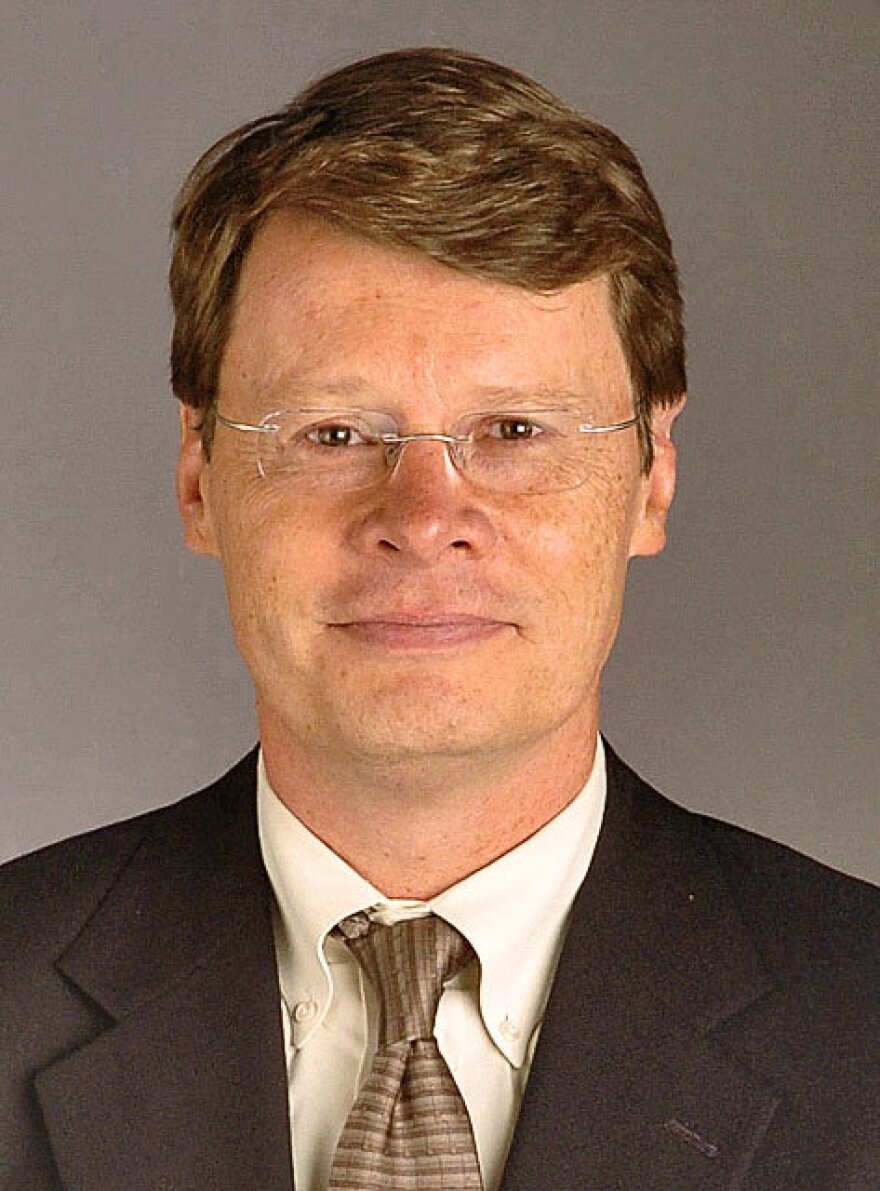After long and contentious negotiations that extended late into New Year’s Day, Congress passed a measure to at least temporarily avert the most immediate consequences of the so-called “fiscal cliff.” As you no doubt saw in media coverage over the holidays, on New Year’s Day Democratic and Republican leaders settled on a fared-down package of income tax rate increases for the well-to-do and did little on spending reductions.
Regarding health care, Congress voted to postpone automatic cuts that would have slashed the National Institutes of Health budget by as much as $2.5 billion, including more than $450 million from cancer research specifically. The narrow deal holds off these and other reductions in federal spending – known as the sequester – for two months, and it postpones proposed cuts in Medicare and Medicaid.
Most importantly, the Congress will also soon begin debating raising the nation’s debt limit. The current debt limit – the limit on how much the nation can borrow – could be maxed out as soon as next month.
It is expected that there will be a Congressional fight on raising the nation’s borrowing limit. You may remember that during the last fight over raising the debt limit in 2011 led Standard & Poor’s for the first time to downgrade its rating of United States Treasury debt by one notch, suggesting a higher risk of default. The impasse caused a slump in the market, and analysts fear that another one could cause yet more damage.
The fighting has begun. Last week President Obama said he would not trade spending cuts for an increase in the debt limit. He urged that, as part of the sequester deal, any spending cuts must be balanced with more reforms in the tax code to generate more revenues. Many Republicans, on the other hand, have said they do not plan to lift the country’s statutory borrowing limit unless Democrats agree to significant spending cuts, particularly to entitlement programs like Social Security and Medicare.
After surviving the “fiscal cliff,” we will soon be facing the “debt ceiling cliff.”
Obviously, the early skirmishing on this issue has begun. Here is a guide to key health care issues that could be part of any “debt ceiling cliff” negotiations:
· Doctors: They are breathing easier now that Congress has averted dramatic cuts in their Medicare payments for another year — and paid for it without seriously docking them elsewhere. But who knows what will happen during “debt ceiling cliff” negotiations. Doctors are concerned that lawmakers might cut into funding for medical training.
· Hospitals: They feel like they were gouged in the fiscal cliff plan, since they’re being required to cough up $14 billion to stop the cuts to physician payments that had been scheduled under the Medicare payment formula. In the past three years, they’ve been on the hook for $95 billion in cuts, including the still-pending sequestration cuts. Hospitals can’t handle any more cuts, they say, without patient care suffering as a result.
· Drug companies: They are concerned about a measure that would require them to fork over more drug discounts that will save the government big bucks. By essentially requiring a substantial discount from makers for the drugs used by those qualifying for both Medicaid and Medicare, the government could potentially save $112 billion over a decade.
· Insurers: They are most concerned about seeing cuts to Medicare Advantage and Medigap plans.
· The public: Of course, spending cuts could devastate important government programs like Medicare, Medicaid, funding for the National Institutes of Health, the Centers for Disease Control and Prevention, the Food and Drug Administration, and others that protect the public health.
You’ve heard the old saying about jumping from the frying pan into the fire – that you’re avoiding a bad situation for a worse one.
We’ll see if that adage applies to the “debt ceiling cliff” fight. Americans should hope not, and also hope that whatever comes out of this looming budget battle protects the public – particularly for those with who rely on government for their health.
Blair Horner is the Vice President for Advocacy for the American Cancer Society, Eastern Division. His commentary does not necessarily reflect the views of the American Cancer Society.
The views expressed by commentators are solely those of the authors. They do not reflect the views of this station or its management.


